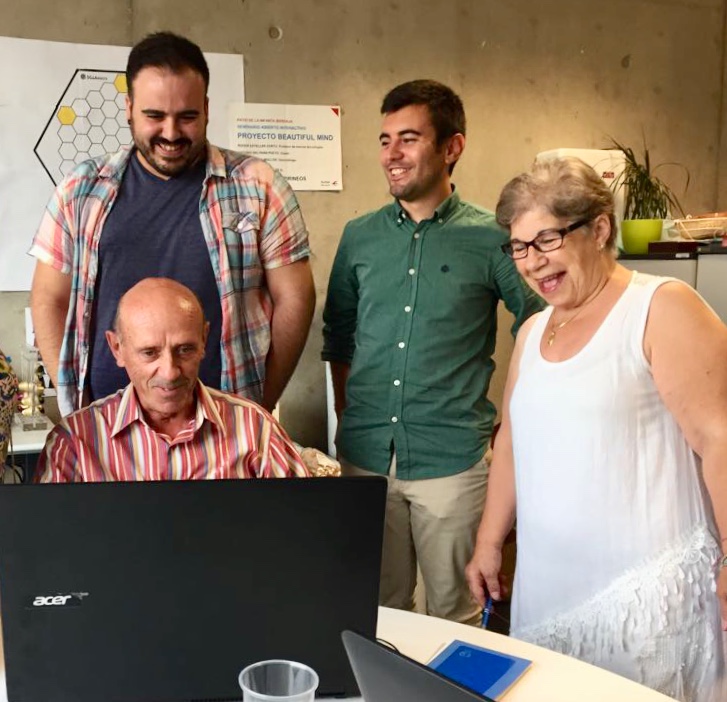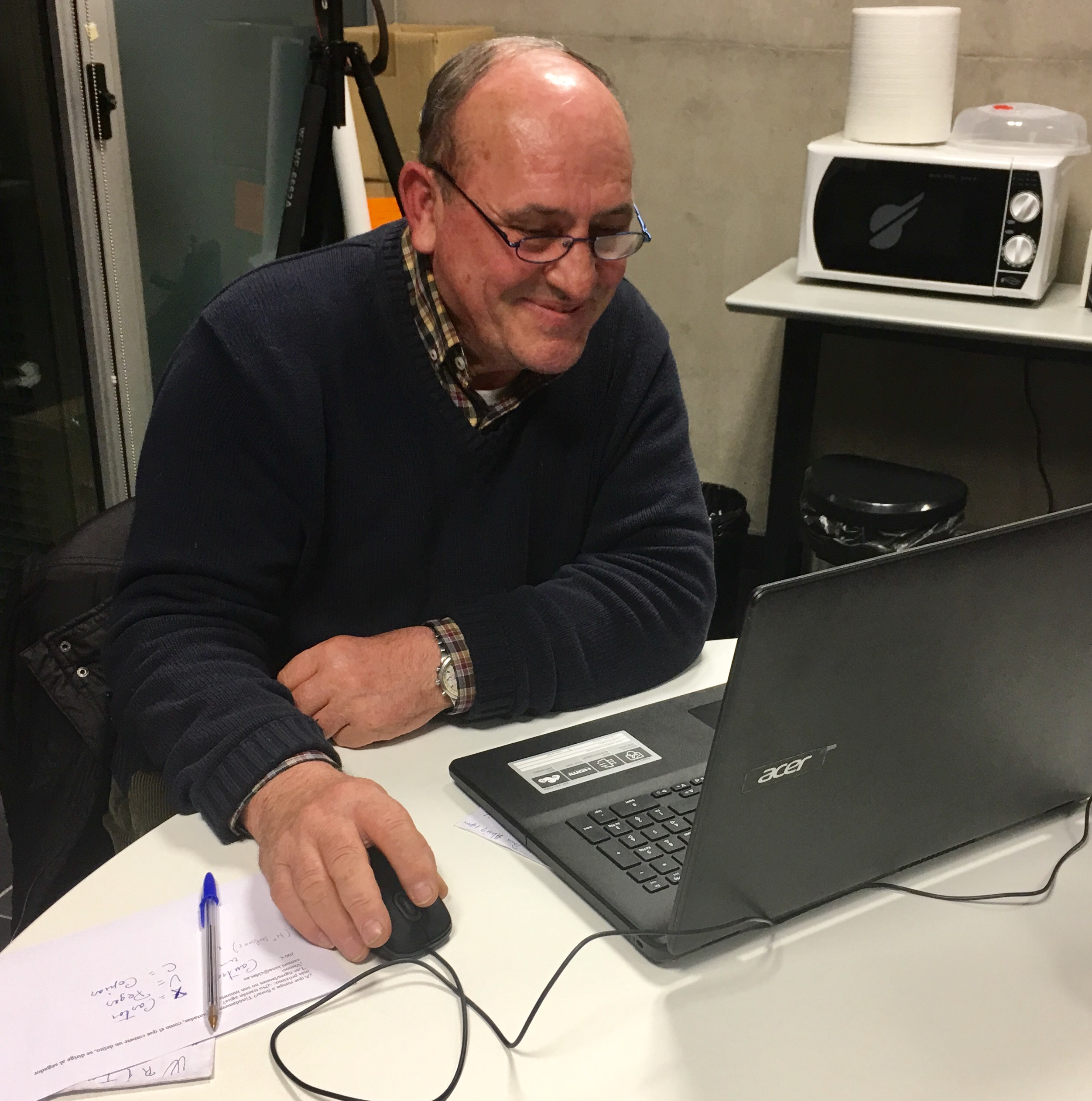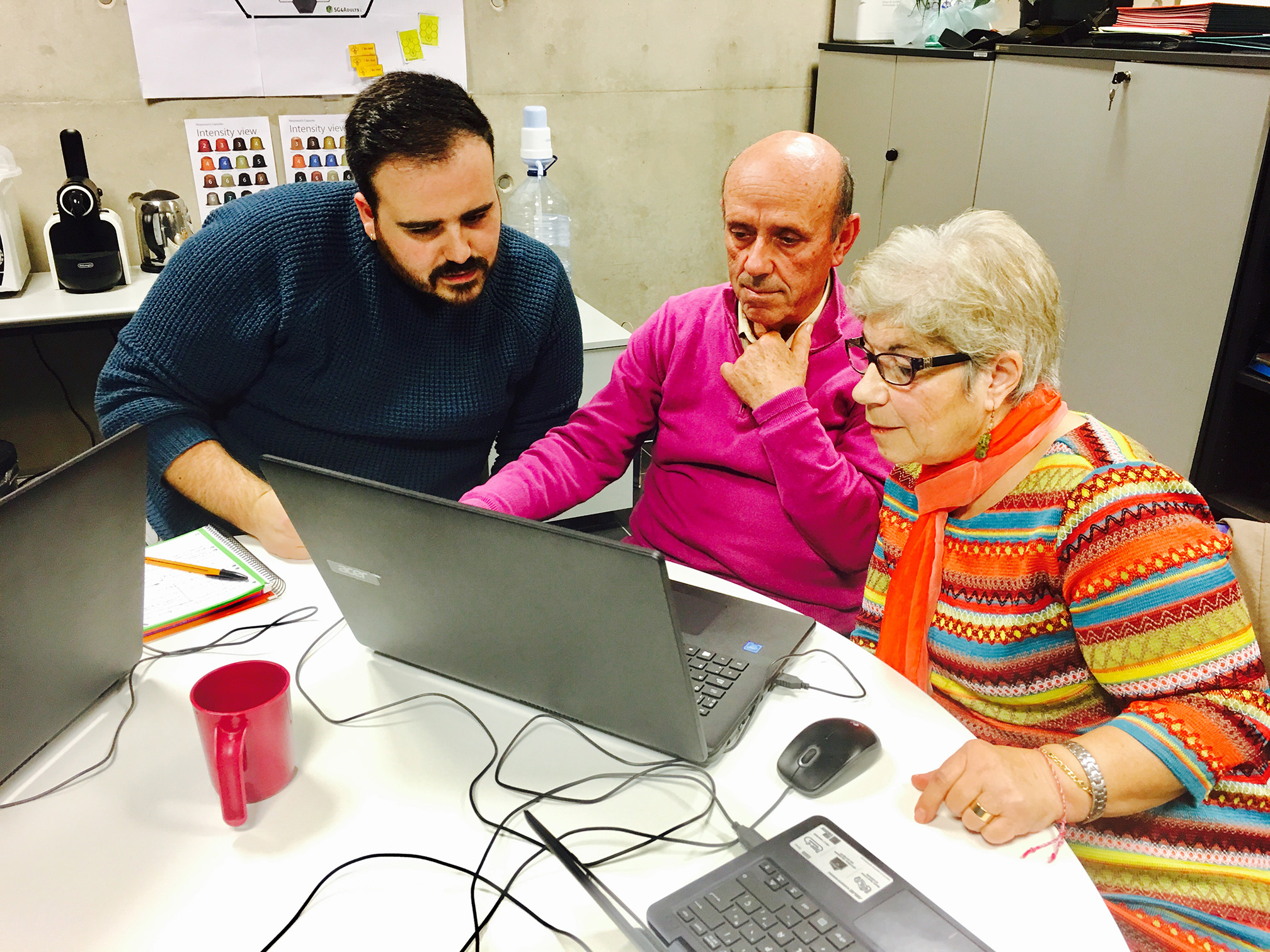People over 65 are characterized, in our environment, by being enthusiastic about life: increasingly trained, knowledgeable about their abilities, restless and knowing that their quality of life depends in a great way on what they and they do.
The fears that we had during the first years of the century about the “digital divide” have been surpassed by the majority of the older population. The reasons can be found in the social and educational policies promoted by public institutions, intergenerational relations, the digital society that has developed transversally, but above all by the capacity for lifelong learning and the acceptance of “learning to live in the present” .
Nobody is surprised to hear about big data, smart cities or nanotechnology, advances that are no doubt substantially changing the way we maintain our health, communicate and feel part of a global world. And in front of the pessimists who predict a “worse” world as a consequence of this technology inclusion, a large part of the population is convinced of the improvements that technology generates and can generate. But this will undoubtedly require a society educated in technology, to analyze, question and improve: some from the technical, others from the user level.
Now, if we focus on people over 65 years of Spain, and according to the study of the “Fundación la Caixa” of 2017, we can observe a generation of “technological majors”, 70% have a smartphone, 45% a Tablet and 75% a PC. Most use social networks, “no-fomal” training programs that combine in person and online. 84% feel free to dedicate themselves to what interests them, which is usually: – personal relationships, music, training activities and volunteering.
It is already a generational cohort knows and recognizes the virtues of technology, but there are many studies that point and nuances interesting aspects to consider and that we should know about the advantages of ICT in people over 65 years. Pavón (1998: 261-266) “Education in and with the N. Technologies throughout life.” Granada) distinguishes five aspects: integration, learning, intergenerational relationships, social participation and self-esteem and creativity.
All educational, social, public and private institutions should favor an improvement in the technological competences of older people, but not with “paternalistic” actions that often show the “product” as if it were a museum picture, but as a tool that is useful to improve the quality of life of the elderly, who can use and even that can improve.
CIDET is a company located in the Technological Space of the Universitat Jaume I, a university center that has been characterized by advances in the usability of technology and its adaptation to user needs. In this regard, the university’s senior program is also a pioneer in adapting information and communication technology to seniors.
Our company is a center of innovation and educational and technological development, and although we have not created a specific product for older people: given that we do not consider it relevant considering that a technological projects have to be thought intergenerationally, if we have present a generation that wants to devote their time to training and above all that wants to transmit their knowledge and their experiences. To do this, the www.edueca.com platform can help them create their own learning space and develop projects with people who have the same hobbies or intellectual interests: in a safe, easy and pedagogically adapted way.
Cheer up, they told us it would be difficult: we have already shown them that we can, they have already warned us about the risks: we have already learned them, they have already taught us the difficulties: we have pedagogically overcome these challenges!







